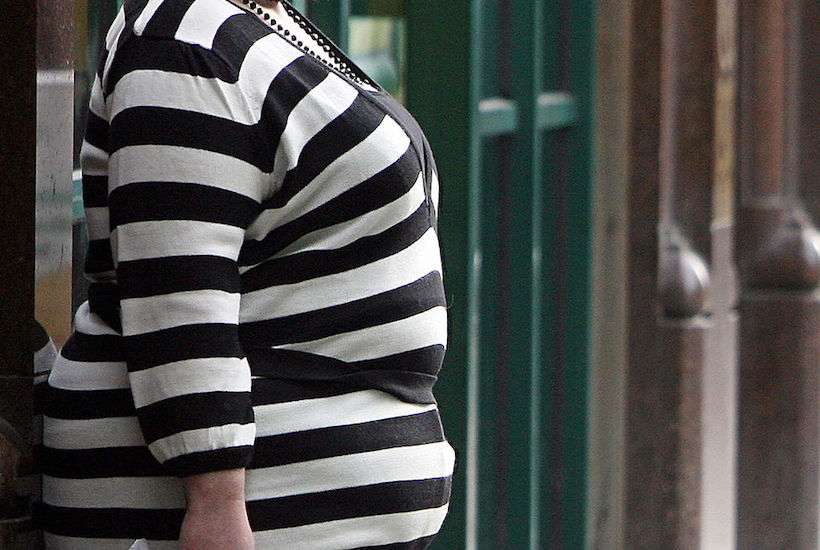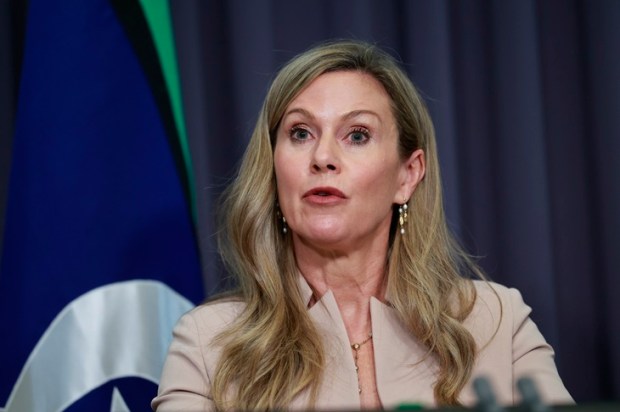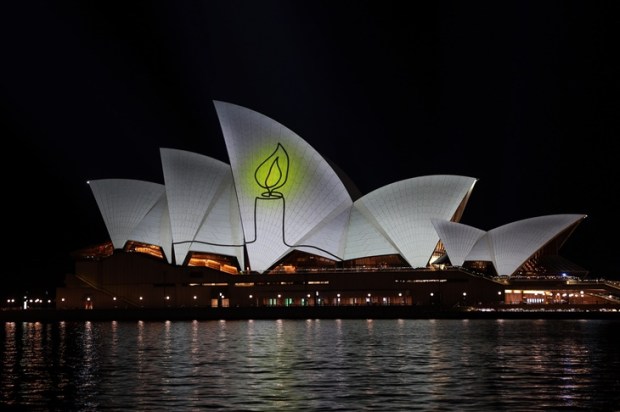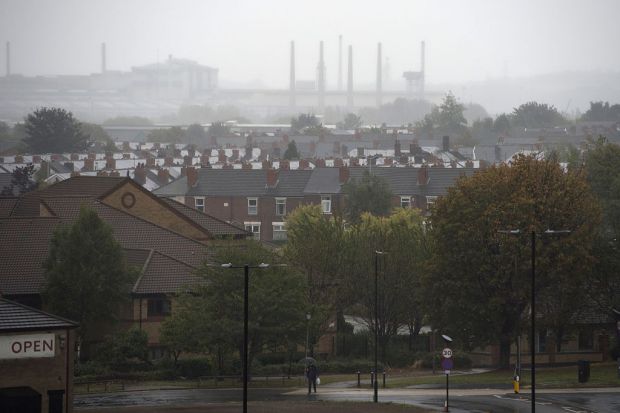Gyms may be closed thanks to lockdowns, but that hasn’t stopped the Australian government from lecturing its citizens about our waistlines. Policymakers are considering taking a page from Britain’s book and bringing in the nanny state to combat the obesity crisis. From sin taxes to advertising bans, British public health policy has become a manual for how to fail at making a nation healthier – and consign civil liberties to the garbage truck in the process.
The first of these disastrous policies was the soft drinks sugar levy, introduced in 2018 by then- prime minister Theresa May in an effort to put the brakes on the UK’s spiralling obesity rates. It sought to reduce Brits’ sugar intake via soft drinks. It comprehensively failed. Interventionist policies like these which try to commandeer lifestyle decisions for the state to change behaviours are never successful.
Take food labelling, for example, which is in the crosshairs of some Australian nanny-state enthusiasts. For years, British supermarket shelves have been awash with green, amber and red packaging telling us how much fat, sugar and salt each product contains. That’s in addition to the soft drinks sugar levy. And yet, the proportion of Brits who suffer from health problems related to obesity has not decreased.
Far from it – obesity rates have continued to climb. In 2011, 15 per cent of UK adults were obese. By 2019, that figure had risen to 28 per cent. In the year leading up to the pandemic, England saw more than a million hospital admissions for obesity-related treatment. In fact, every year since 2014, obesity and excess body fat have contributed to more British deaths than smoking.
Given the scale of the problem, you would think public health authorities across the globe would have concrete plans of action to combat it. Instead, they are trotting out the same tired twentieth-century ideas to deal with twenty-first-century problems. They are still reading from the decades-old ‘tobacco playbook’. In the nanny statist’s mind, only banning things, taxing them to suppress demand, robbing people of choice through regulation or shaming them into making ‘better’ decisions can solve a ‘problem’ like obesity.
Tax-and-ban strategies don’t work, but they are convenient to the public health lobby. As a result, from Britain to Australia, we are all heading further down the road to gratuitous intervention in citizens’ diets and lifestyles. Take, for instance, the ‘junk food ad ban’, a deranged policy dreamt up by Public Health England and rubber-stamped by the nominally Conservative government.
The policy – banning promotion of foods the state deems unhealthy during daytime on TV – will gut-punch the food, advertising and broadcasting industries, just when Britain desperately needs post-pandemic economic growth. The reward? Children will consume an estimated 1.7 calories less per day. That’s the equivalent of 0.3 grams of lollies. And yet, the Australian public health lobby is now touting Britain’s junk food ad ban as a resounding success and pushing for something similar in Australia.
In a preview of what might be next for Australia, Britain’s Overton window was recently shunted even further towards nanny statism when the government’s food tsar recommended introducing a regressive, punitive tax on all sugar and salt in order to ‘break the cycle of junk food dependency’. The authors of the report estimate that the policy would add £3.4bn (AU$6.4bn) onto families’ food shopping bills every year. Some critics, like Christopher Snowdon, head of lifestyle economics at London’s Institute of Economic Affairs, put that figure much higher.
Artificially inflating the prices of everyday necessities only makes the poor poorer. Being poor is expensive enough as it is – because of the poverty premium, the poor already pay more for energy, credit and insurance and face higher rates of inflation. By making basic indulgences so expensive, today’s public health policy risks depriving the poor of pleasure and choice, while assuring them that it’s all for their own good.
Obesity is the next pandemic. Australia’s public health authorities are asleep at the wheel and they need to wake up.
Jason Reed is the founder of Young Voices UK and a policy fellow with the Consumer Choice Center. Follow him on Twitter @JasonReed624 and read more on his website, jason-reed.co.uk
Emilie Dye is Australia Lead at Young Voices. Follow her on Twitter @Emilie_Dye and read more on her website, emiliedye.com

























